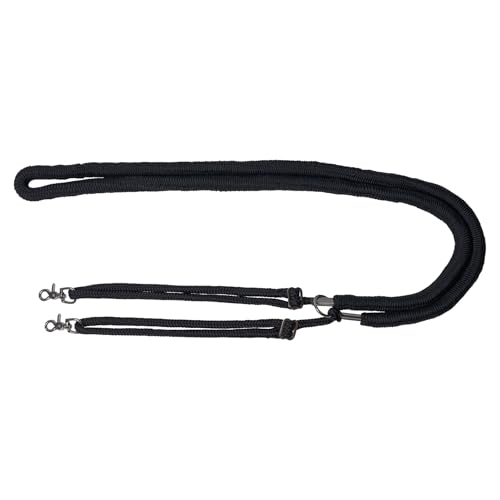An additional note... this may be harsh and some may be offended by this ...
Because you started your replly this way, I want to answer what you said. Please understand, I always try to give the benefit of the doubt to people and try to say things as nicely as I can, but the way you are saying this is "survival of the fittest" is hurting me to the core. So not judging you, but let me explain what I "hear" you are saying.
First, a red bag delivery is NOT a genetic defect. Placental previa is just the unfortunate seating of the placenta inside the mother -- any mother -- horse or humans. Therefore the placenta grows across the mouth of the womb blocking the normal delivery. The baby's head can not engage and begin the spreading of the birth canal, since the placenta is soft material, and not the little feet and head of the foal -- or in humans the skull of the newborn. It does not happen often, BUT without assistance it is a
death sentence for both foals and in the past used to be for humans alike as the placenta begins to hemmorhage as contractions and baby's head/feet begin to push against it. And secondary hemmorhaging of the mother can also be the result from lack of assitance at the birth.
The way you wrote the earlier reply, I am assuming that you were not in attendance at the delivery again -- since you are saying that you "assume it was a red bag?"
A red bag delivery is easy to visually determine, and in many, many cases easily remedied -- the placenta presents first and looks like a red sponge. You must quickly cut through that, and reach the foal's amniotic sac. Then quickly cut through that and deliver the foal. Very seldom does a foal die anymore with a breeder who understands what is happening and acts quickly -- although many foals can have dystocias that require additional assistance in these cases.
The placenta did not separate 2-3 days ago, or she would have aborted -- as nature expels dead fetuses this far along -- so chances are you had a viable foal until the delivery. The baby appears full term in the pictures, but babies can not break through the amniotic sac + the placental lining without assistance in time to take their first breaths, so the baby suffocates. You are fortunate you did not find your mare bled-out along with the baby.
I understand what you are saying about wild horses, but remember, these are not "wild horses" they were bred down by man, and come with a series of man-bred-in problems, as many dog and cat breeds are these days -- i.e. Persian cats and Bull Dogs bred with heads too broad for mommas to deliver without cesarean sections. In nature, survival of the fittest is the norm, but once man came into the picture and domesticated these animals, he also took on the responsiblity of caring for them as a good steward -- assisting in their care. I can understand not putting a foal on life support machines, but I can not understand standing by to just watch a baby die and calling it survival of the fittest.
This may seem harsh too, but we all work very hard to help each of these precious little ones come to the ground safely -- no matter what position they choose for birth. With some we are successful, with others, unfortunately, we aren't. But we TRY because these are domestic animals that look to us for their care, their feeding and everything else relating to them being on our property and under our supervision.
I grew up on a farm and my friends say I have a farmer mentality -- some are offended because I don't "react" at death. I'm sad at the loss, but I understand that it happens. That said, I don't stand around and just watch it happen without trying to save whatever animal it is from an untimely death.
I am very sorry for the loss of this little one. You are very fortunate your mare survived. Also, I am sure your vet will find the mare breeding sound, as this is not genetic, it is simply a malpresentation because her placenta attached in an unfortunate place. With placentitis you would most likely have seen a discharge -- which I don't remember you reporting. If you had, one of us would have advised you to have her checked by a vet, as we lost 2 foals to placentitis last year. Very sad. But, if she is cultured now, she may well have an infection from the birth.
Again, I'm sorry if I sound harsh, but I am a FIRM BELIEVER that WE are responsible for the care of the animals we choose to own, and must do all we can to assist them thoughout their life with us. And since we know ahead of time that these mares can have difficulties, I believe it is our responsiblity as owners to be in attendance and do everything that we can to bring these precious little ones to the ground safely.
JMHO
~~Diane
















































